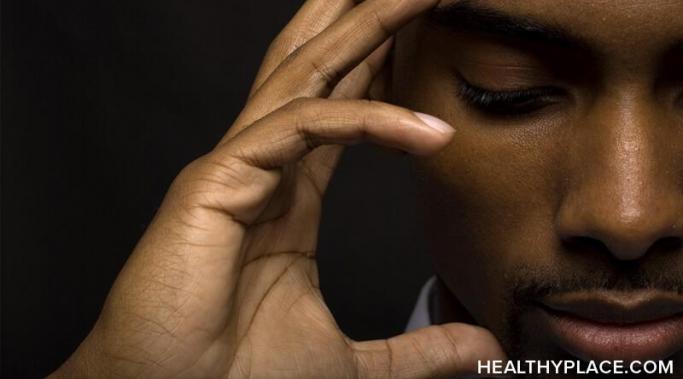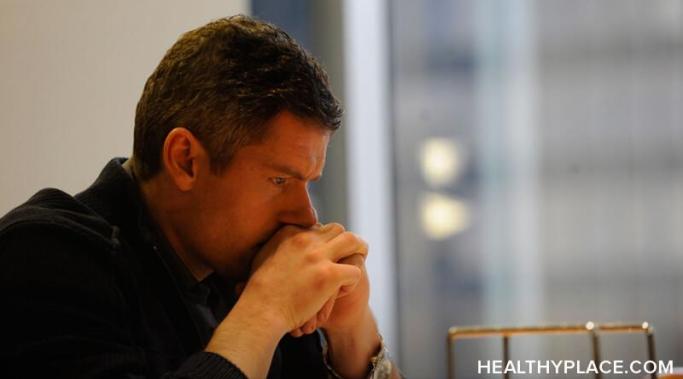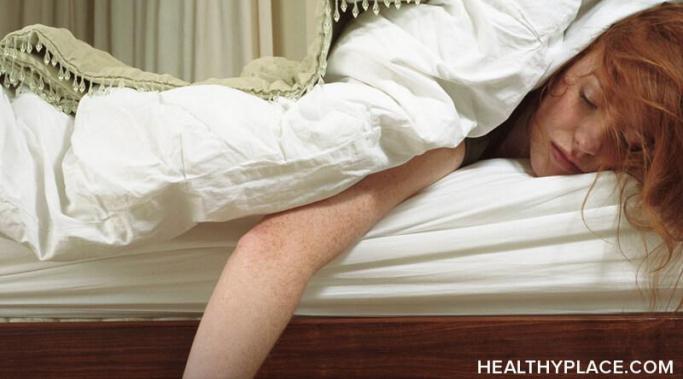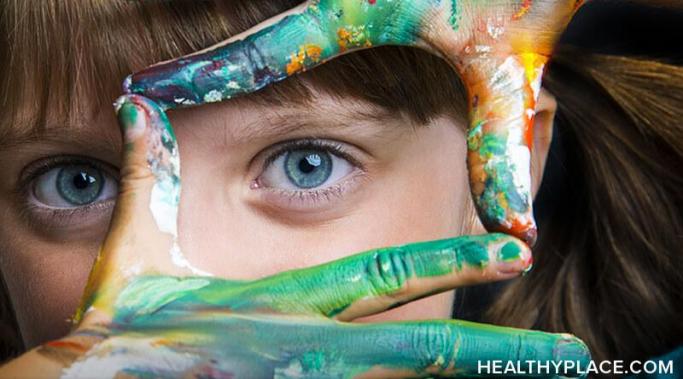I fake normalcy because having a mental illness is isolating and makes me feel different. Facing the outside world can be difficult. Here are five coping methods (positive and negative) I noticed I do when I leave the house that help me fake normalcy.
Coping Skills
It might seem pessimistic to plan on having postpartum depression, but if it's something you're nervous about, it's best to be prepared with a postpartum depression support plan.
"Feel the fear and do it anyway" is a popular motivational phrase, but its wisdom is often difficult to actually implement in your life, especially if you deal with anxiety. Fear and anxiety are huge, overwhelming emotions, and many of us struggle to even allow ourselves to feel them, let alone feel them and then continue functioning like a healthy person. Still, that doesn't mean it's impossible. It just means we may need some help to "feel the fear and do it anyway." These are three tips I've developed through years of living with anxiety.
I have recently quit drinking. Drinking has negatively impacted my life for the past few months and I decided to stop a couple weeks ago. I am hoping this will put me on a path to a healthier life both mentally and physically.
Do you need some mental health encouragement? Watch this video.
September is Suicide Awareness Month, and in honor of that, I want to share my experience with feeling semi-suicidal. My hope is that other people who have occupied this awful in-between space will understand that what they're going through is very real, and someone else has been there too. (Note: This post contains a trigger warning.)
Healthy sleep in recovery from mental illness is absolutely vital, but do you know when you're using sleep as a coping mechanism and when you're using it as avoidance? It can be a very fine line, but in this post and video, I talk about some of the good signs and red flags when it comes to healthy sleep in recovery from mental illness.
The stigma of attention-seeking behavior is everywhere. How many times have you heard someone dismissively say something like, "They're just doing it for the attention."? We talk about attention-seeking behavior like it's a low, manipulative trick when in reality, it's just the manifestation of a deeply-human need.
Using creative projects for mental illness recovery helps me immensely. The arts have played an integral part in my recovery from schizoaffective disorder. It all started with a five-week stay at a treatment center where I received my initial diagnosis. There was a lot of downtime at the center and I was frequently digging through their stash of art supplies. I had frightening visual hallucinations and found it very therapeutic to draw them.
Healing toxic shame is a process; it takes a lot of time, self-awareness and a willingness to confront the sources of shame in your past, but it is definitely possible. Personally, I have been working on healing toxic shame a lot in therapy lately, because it's impossible for me to truly recover from my issues with anxiety or depression if I believe the toxic shame from my past that tells me I'm not good enough.









